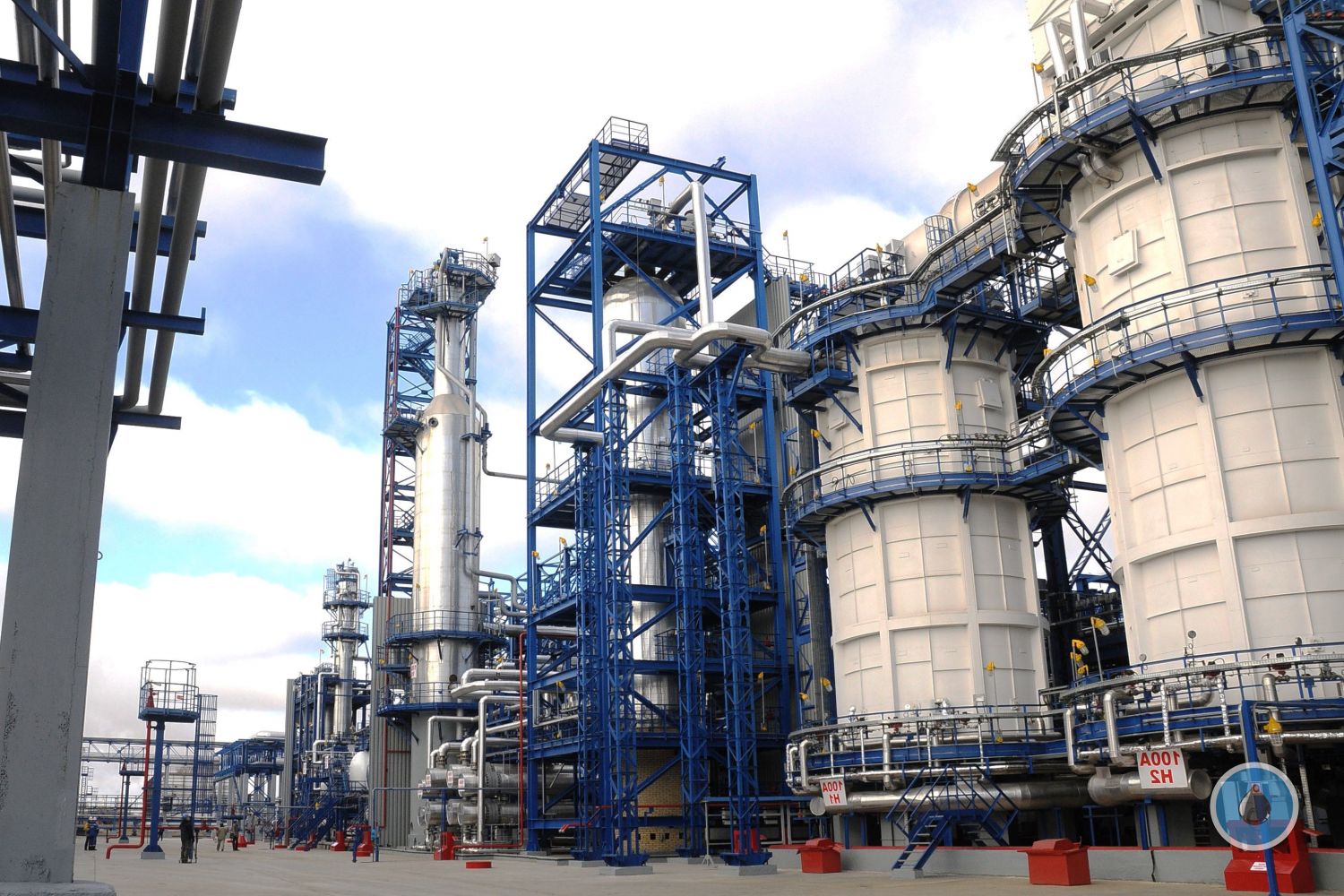Нефтегазовые новости
Нефтегазовые новости
/
Технологии
/
Safety under Control: TNK-BP Introduces In-Vehicle Monitoring Systems

Safety under Control: TNK-BP Introduces In-Vehicle Monitoring Systems
Transportation safety is one of TNK-BP’s key priorities, with over 16,000 Company and contractor vehicles currently in use at the Company’s sites, including petrol tankers, buses, passenger cars, heavy equipment and road building equipment. Although transportation safety is the direct responsibility of TNK-BP’s contractors, the Company keeps on monitoring their compliance with the corporate standards and regularly tightens up safety regulations at its operations sites.
Unfortunately, the efficiency and safety of a transportation company’s operations depend on a whole range of issues. Without proper supervision, drivers tend to use vehicles for private purposes, drain off fuel and manually adjust the mileage indicator as well as break the speed limit and cause accidents. All these factors have a tangible impact on the contractor’s transportation costs and provide a distorted view of its true performance.
Improved efficiency of the vehicle fleet use and better transportation safety can now be achieved by installing in-vehicle monitoring systems (VMS). With the help of GPS, they enable online tracking of a vehicle’s speed, fuel consumption and other parameters. On the one hand, this information helps transportation companies significantly reduce their costs and prevent vehicle misuse and fuel theft, while on the other, it helps cut the number of accidents and improve driving standards in general.
Currently, VMS are not installed in all transportation companies. Yet soon it will be a safety standard: Federal Law #22-FZ “On Navigational Activity” dated February 14, 2009, stipulates that all vehicles designed or used for transporting passengers and hazardous freight and belonging to state and municipal organizations are to be fitted with a monitoring system starting February 1, 2011.
TNK-BP began discussing the VMS installation back in 2007, but it was only in 2010 that active work began and it still keeps going on. Under the Company’s new Technical Standard on Transportation Safety, all transportation organizations working at the Company’s sites must have VMS devices fitted in their vehicles.
Pilot projects run in 2008 and 2009 to trial the monitoring systems in Nizhnevartovsk and Orenburg Regions produced tangible results both for the Company’s subsidiaries (the clients) and the transportation contractors. A large-scale program to install VMS devices across TNK-BP vehicle fleet benefited from the experience of leading foreign (BP, Shell, Halliburton, Schlumberger) and Russian companies (Tatneft, Transneft, etc.). As of March 1, 2011, monitoring systems had been fitted in 75 percent of all vehicles used at TNK-BP sites, including all vehicles carrying passengers or hazardous freight. By the end of the year, the Company is targeting to install VMS devices in 100 percent of all vehicles used by its subsidiaries.
The results speak for themselves. Since the VMS systems were installed there has been a significant improvement in transportation safety: in 2009, for example, there was a 1-percent reduction in road traffic accidents compared to 2008, while in 2010 the was a reduction of 16 percent; and whereas in 2009 the number of major road traffic accidents fell by 25 percent compared to the previous year, in 2010 there was a drop of 83 percent. The Company plans to maintain the pace of improvement in its operations safety record and expects the in-vehicle monitoring systems to make an important contribution to this.
Понравилась новость?
Расскажи друзьям!
Похожие новости:
- Calculation of Capital Investments – Spending Our Money Wisely!
- Young Specialists: Bringing Teamwork and Energy to TNK-BP
- Learnings from HAZOP Experience
- Япония начала добывать сланцевую нефть
- Вопросы HSE – безусловный приоритет
- Устранить риски в согласии с природой
- Инвестиции в программу целостности трубопроводов
- Нет более важных приоритетов, чем человеческая жизнь
- On a Path to Implementation
- TNK-BP Refineries to Boost Catalytic Cracking Efficiency with New Catalysts

